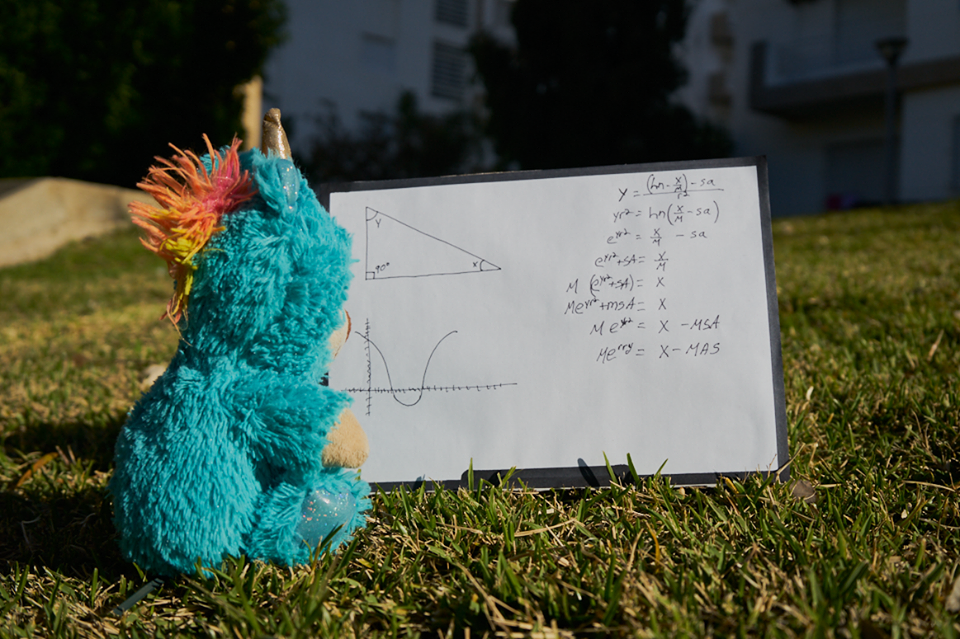This week, I invite you to linger, with me, on the second of the so-called school intelligences: logical-mathematical intelligence. Although slightly less valued than linguistic intelligence in our society, logical-mathematical intelligence still corresponds very well to what the school system expects from a child. Often associated with boys in whom we have the impression that it is more developed (or at least, more valued), this intelligence is, of course, associated with the ease that a person has with mathematical operations and numbers in a way General. But it also highlights the ability to reason in a deductive and logical manner, to make and verify hypotheses, to analyze and observe, which are the essential qualities of science. This type of intelligence is usually measured by analyzing how quickly a person’s mathematical problems are resolved.

Children in whom this intelligence is most developed, likes to measure, play with numbers, calculate, are drawn to logic exercises, investigation games, computers and chess. They are often very rational and logical. They are sometimes criticized for not having enough imagination or for being too down to earth.
People with a particularly developed logical-mathematical intelligence are often attracted to professions such as scientists, accountants, mathematicians, chemists, engineers or computer scientists.
Ideas to enhance this type of intelligence in a child in whom it is predominant:
Your child has a logical-mathematical intelligence and you would like to offer him activities that fascinate him and allow him to develop freely? Here are some ideas:
- Learn to play chess together, offer them sudokus or quizzes and logic games.
- Since they are often very comfortable with computers, you can motivate your child to develop these other types of intelligence by using this tool or invite him to do his homework on the computer for example.
- Give him mathematical challenges adapted to his knowledge but which involves a challenge, provide him with material for scientific experiments, subscribe him to a science magazine. His activities will fascinate him.
- The youngest will love the search and find games, treasure hunts or riddles! Have fun!
- Instead of giving him a ready-made answer to a question, go together in search of the answer. Ask yourself questions, make hypotheses and try to verify them. It is a process that your child will love and that will help him develop his other types of intelligence.
To help a child develop this type of intelligence
- For the youngest, offer them sorting games by color, size, shape, etc. You can even make the activity concrete by inviting your little one to help you in the kitchen by sorting the forks, knives and spoons when you unpack the dishwasher or by sorting the groceries by category before putting it in the fridge and the pantry.
- Install a digital frieze on the wall of a room. It can be as long as you want, but usually making it up to 200 is a good idea. When the child manages to get to a certain point without error and without skipping a number, he sticks his photo at that point. He will be motivated to get to the end!
- For the older ones, cook together and invite your child to measure the ingredients of the recipe with a scale or measuring cups. You can challenge him by giving him a cup smaller than the one he needs.
- A carpentry or construction project in the works? Invite your child to take action. He’ll do the math without realizing it.
- Do small scientific experiments together! It always interests children!
Printable material
This week, I suggest a digital frieze to print, as well as some scientific activities to do with your children or your students.
Digital frieze:
Science experiments LinK:
Science Kids: http://www.sciencekids.co.nz/experiments.html
Mommy Poppins: https://mommypoppins.com/kids/50-easy-science-experiments-for-kids-fun-educational-activities-using-household-stuff
PrepScholar: https://blog.prepscholar.com/easy-science-experiments-for-kids-at-home
And you, do you have other ideas to help children develop their logical-mathematical intelligence? Leave them in comments! Good week!